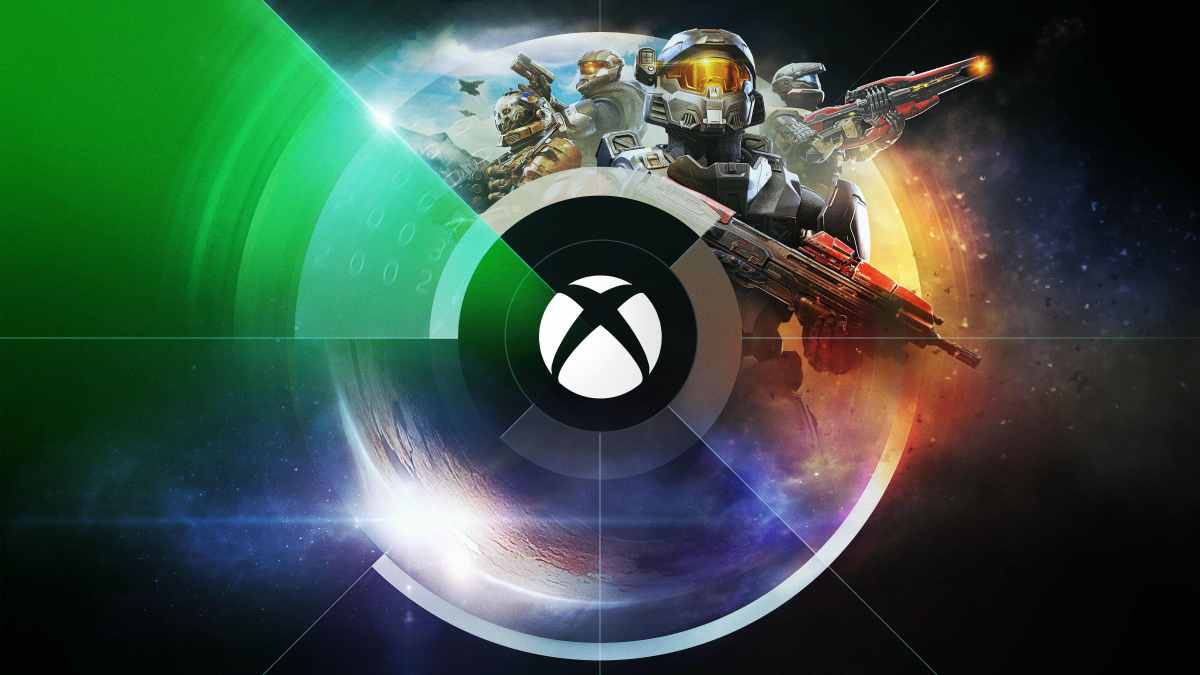Xbox Game Studios chief Matt Booty has confirmed Microsoft is moving on from the Xbox One, with no new first-party games in development for the console. While the Xbox One isn’t strictly ‘dead’, Booty recently confirmed to Axios that Microsoft has officially ‘moved on to Gen 9’.
According to the studio head, Minecraft is the only last generation game still receiving support directly from Microsoft. No other Xbox One projects are being worked on internally, as a longterm ‘transition’ has been completed. While the Xbox One life cycle was longer than that of its predecessors – thanks to a range of factors, like pandemic-era production bottlenecks and console shortages – Microsoft is now shedding its past.
That said, the Xbox One isn’t being left behind entirely. Despite the hardware of the console being largely inferior to the Xbox Series X/S generation, it still has the capacity to play modern ‘Gen 9’ games, thanks to cloud streaming. According to Booty, this cloud functionality is how Microsoft will ‘maintain support’ for the console in future.
Read: Xbox’s new energy measurement tools are world changing
In confirming this transition, Booty also reassured Xbox players that the Series S is an important part of the Gen 9 transition. It’s a console with lesser power when compared to the Xbox Series X, and developers have reported difficulties developing games for both the Series S and Series X simultaneously.
‘Is it more work? Sure,’ Booty told Axios, discussing the challenges of developing games for multiple performance levels. ‘They can plan better, knowing where some of the sharp corners are.’ Given Booty also revealed Microsoft’s game development cycles have blown out to ‘four and five and six years’ in recent times, it appears developers will have plenty of time to work out these console quirks.
‘There are higher expectations,’ Booty said. ‘The level of fidelity that we’re able to deliver just goes up.’
In future, Microsoft is expecting games to take longer in development, to meet sky high expectations that grow with each console generation. While leaving the Xbox One behind is an important step for this transition, the move also marks a major turning point for Microsoft as it solely focuses on ‘Gen 9’ and its ongoing challenges.





